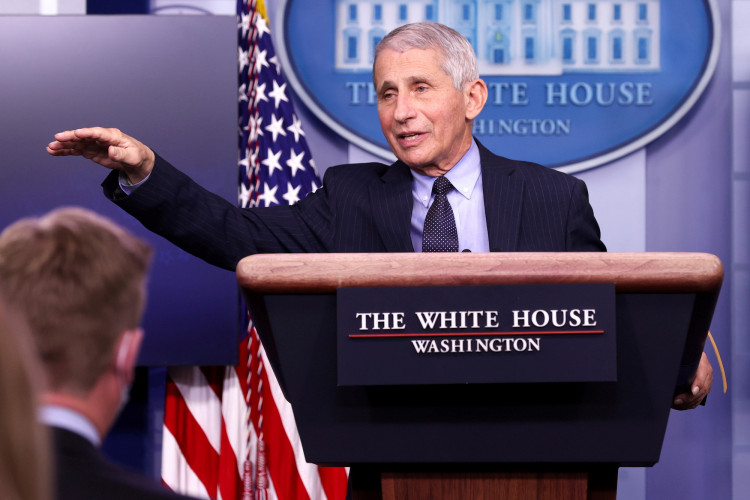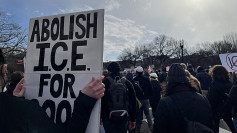Dr. Anthony Fauci, the White House's chief medical adviser, confirmed that he will retire by the end of President Joe Biden's first term, but it could happen much sooner, the infectious disease expert told Reuters in an interview on Monday (Jul 18).
"I haven't made an announcement of my retirement, but it could be anywhere from now until then," Fauci said in the telephone interview. "I don't know yet."
Fauci, 81, told Reuters in late November 2021 that he was "not even remotely contemplating" retirement.
Since 1984, he has served as the National Institute of Allergy and Infectious Diseases (NIAID) director. In 2020, he assumed the role of spokesperson for the American government's initiatives to contain the COVID-19 pandemic.
Fauci stated that when he does leave the government, he does not intend to completely retire. "I'm going to continue working because I still have a lot of energy and passion about public health, and global public health," he said.
In an interview with Politico that was published on Monday, Fauci stated that he did not anticipate serving in the government until the coronavirus was completely eradicated because, in his words, "I think we're going to be living with this" for years to come.
Fauci stated that after he inevitably departs NIAID, he intends to seek other professional options because he believes he has set up a good framework to ensure a smooth transition at the organization.
Since Ronald Reagan, Fauci has provided advice to all seven American presidents over his more than five decades of service.
Fauci has aided in leading the government public health response to the HIV/AIDS pandemic, Ebola, the Zika virus, and anthrax scares during his tenure as director of the NIAID. However, he was propelled into the national spotlight with the commencement of the coronavirus pandemic, and during the Trump administration, he became a significant public health advocate.
Fauci and then-President Donald Trump publicly disagreed on how to handle the pandemic, what message to send to the American people, and how to strike a balance between reopening and preventing further contagion. Trump insisted throughout that he respected Fauci but disagreed with his approach. But, at a low point in their relationship, Trump hinted that he was considering firing the doctor. Attacks by Trump's allies resulted in increased security for Fauci.
"I'm the director of the institute that has now been very important in the basic research in leading to the drugs that will now have an important impact in the treatment of Covid-19. That's what I do," Fauci told CBS' "Sunday Morning."
"So, I'm going to keep doing that until this Covid-19 outbreak is in the rearview mirror, regardless of what anybody says about me, or wants to lie and create crazy fabrications because of political motivations."





